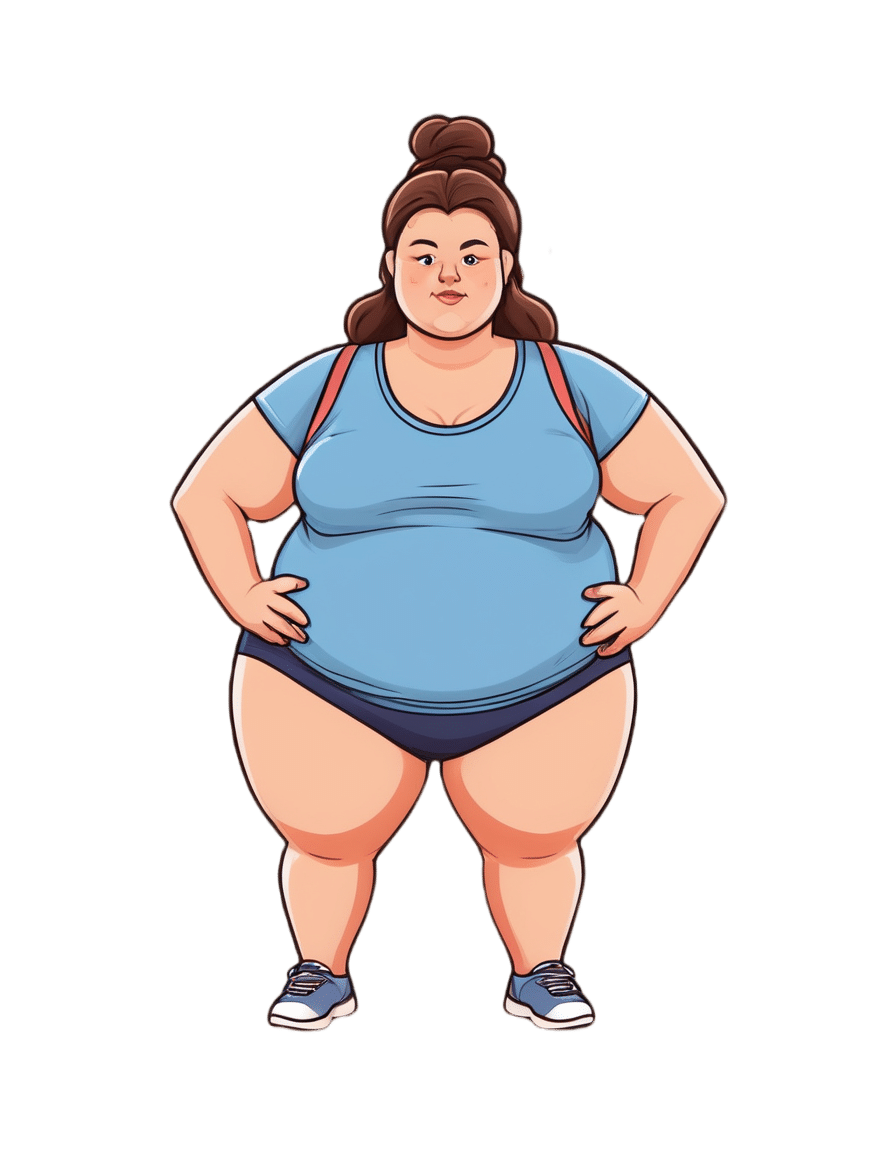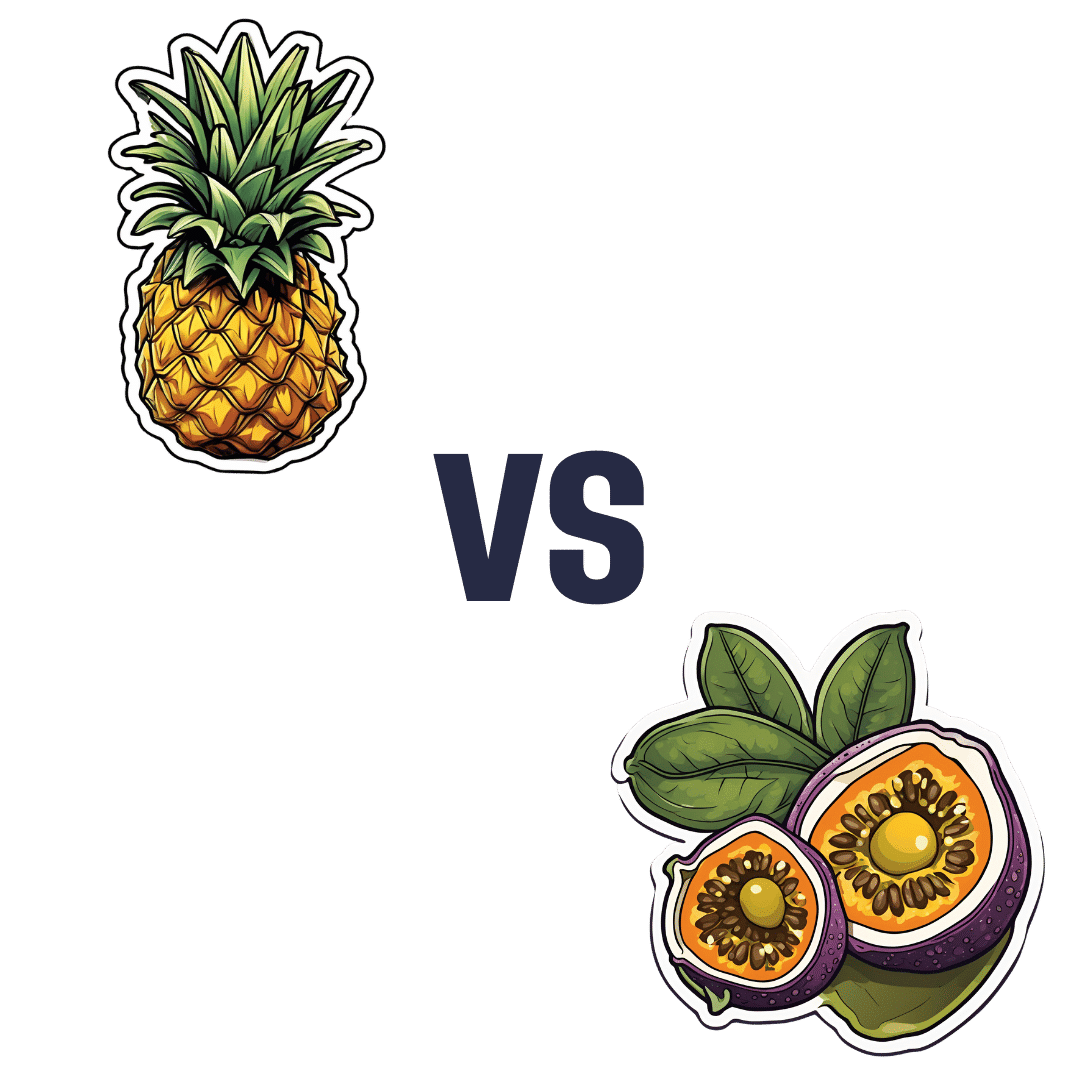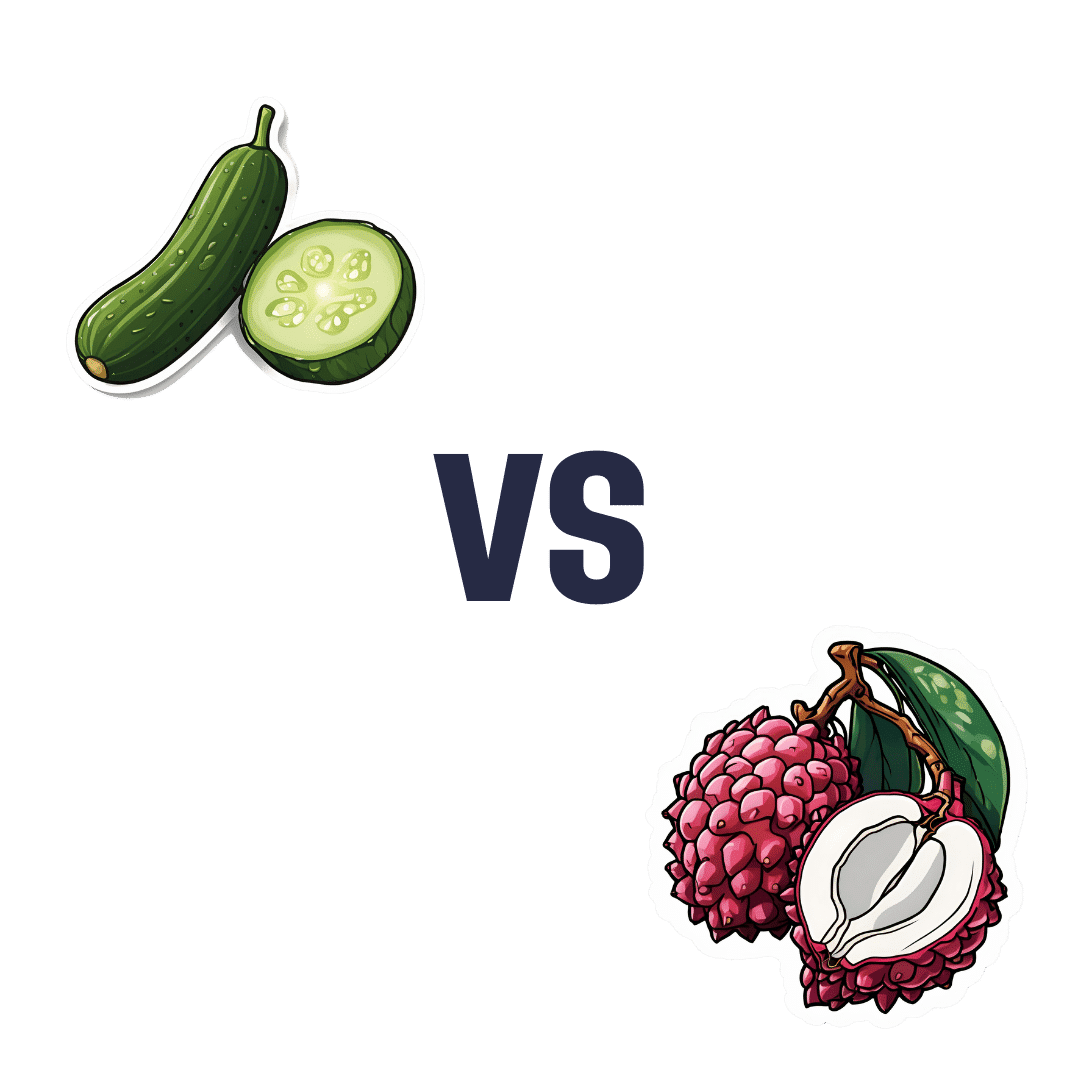
Should You Shower Daily?
10almonds is reader-supported. We may, at no cost to you, receive a portion of sales if you purchase a product through a link in this article.
It’s Q&A Day at 10almonds!
Have a question or a request? We love to hear from you!
In cases where we’ve already covered something, we might link to what we wrote before, but will always be happy to revisit any of our topics again in the future too—there’s always more to say!
As ever: if the question/request can be answered briefly, we’ll do it here in our Q&A Thursday edition. If not, we’ll make a main feature of it shortly afterwards!
So, no question/request too big or small
❝I read an article that daily showering is “performative” and doesn’t really give any health benefits, what do you say?❞
We looked to find the article you might be referring to, and this seems to be about a BBC article that was then picked up, rehashed in fewer (but more sensational) words, and widely popularized by the New York Post (not the most scholarly of publications, but it seems to have “done numbers”).
Here’s the BBC article:
BBC | There’s no need to shower every day—here’s why
Looking for the science behind the “Experts say…” claims, none of the articles we found linked to any new research. One of them did link to some old (2005) research:
We also see (in the dearth of scholarly research to cite), a Harvard Health article being cited quite a bit, and this is more helpful and informative than the flashy news articles, without requiring to read through a lot of hard science.
To summarize, Harvard’s Dr. Shmerling says daily showering can:
- Cause/worsen dry skin
- Make skin more permeable to pathogens
- Upset our natural balance of bacteria that are supposed to be there
- Weaken our immune system
Read in full: Harvard Health | Showering daily—is it necessary?
But what if I like showering?
Well, don’t let us stop you. But you might consider using less in the way of shower products. We wrote about this previously, in answer to a different-but-related subscriber question:
10almonds | Body Scrubs: Benefits, Risks, and Guidance
PS…
Handwashing, though? Most people could reasonably do that more often:
Would you like this section to be bigger? If so, send us more questions!
Don’t Forget…
Did you arrive here from our newsletter? Don’t forget to return to the email to continue learning!
Recommended
Learn to Age Gracefully
Join the 98k+ American women taking control of their health & aging with our 100% free (and fun!) daily emails:
-
20 Easy Ways To Lose Belly Fat (Things To *Not* Do)
10almonds is reader-supported. We may, at no cost to you, receive a portion of sales if you purchase a product through a link in this article.
Waist circumference (and hip to waist ratio) has been found to be a much better indicator of metabolic health than BMI. So, while at 10almonds we generally advocate for not worrying too much about one’s BMI, there are good reasons why it can be good to trim up specifically the visceral belly fat. But how?
What not to do…
Autumn Bates is a nutritionist, and her tips include nutrition and other lifestyle factors; here are some that we agree with:
- Do less cardio! Unless it’s High-Intensity Interval Training, cardio will cause a metabolic slow-down to compensate afterwards.
- Stop adding sugar to coffee, or anything else, really!
- Stop buying smoothies; they spike blood sugars; eat fresh fruit instead
- Stop eating bread; a drastic move, but as a general rule of thumb, it helps a lot of people
- Stop having more than 2 cups of coffee (this is actually about the caffeine, not the coffee; caffeine spikes cortisol in most people, and chronically high cortisol can cause fat to be redistributed to the belly and face)
- Stop sitting for more than an hour; spend more time on your feet
- Stop having more than 1 alcoholic drink per day (we’d advise stop having more than zero alcoholic drinks per day, but that may be a difficult immediate change for some)
- Stop eating “protein” bars; the rest of their contents are usually not good, to say the least.
For more, including to learn what she has against peanut butter, enjoy her video:
Click Here If The Embedded Video Doesn’t Load Automatically
Want to know more?
Check out our previous main feature:
Visceral Belly Fat & How To Lose It
Take care!
Share This Post
-
Pineapple vs Passion Fruit – Which is Healthier?
10almonds is reader-supported. We may, at no cost to you, receive a portion of sales if you purchase a product through a link in this article.
Our Verdict
When comparing pineapple to passion fruit, we picked the passion fruit.
Why?
Both are certainly great, and both have won their respective previous comparisons! And this one’s close:
In terms of macros, passion fruit has about 4x the protein, nearly 2x the carbs, and more than 7x the fiber. So, this one’s a clear and overwhelming win for passion fruit.
Vitamins are quite close; pineapple has more of vitamins B1, B5, B6, B9, and C, while passion fruit has more of vitamins A, B2, B3, and choline. So, a 5:4 marginal win for pineapple.
When it comes to minerals, pineapple has more calcium, copper, manganese, and zinc, while passion fruit has more iron, manganese, phosphorus, potassium, and selenium. Superficially, this would be a 5:5 tie, but looking at the numbers, passion fruit’s margins of difference are much greater, which means it gives the better overall mineral coverage, and thus wins the category.
Looking at polyphenols, pineapple wins this category with its variety of lignans, while passion fruit has just secoisolariciresinol, of which pineapple has more anyway. Plus, not a polyphenol but doing much of the same job of same, pineapple has bromelain, which is unique to it. So pineapple wins on the phytochemicals reckoning.
Adding up the sections and weighting them for importance (e.g. what a difference it makes to health) and statistical relevance (e.g. greater or smaller margins of difference) makes for a nominal passion fruit win, but like we say, both of these fruits are great, so enjoy both!
Want to learn more?
You might like to read:
Bromelain vs Inflammation & Much More
Take care!
Share This Post
-
How To Keep Warm (Without Sweat Patches!)
10almonds is reader-supported. We may, at no cost to you, receive a portion of sales if you purchase a product through a link in this article.
It’s Q&A Day at 10almonds!
Have a question or a request? You can always hit “reply” to any of our emails, or use the feedback widget at the bottom!
In cases where we’ve already covered something, we might link to what we wrote before, but will always be happy to revisit any of our topics again in the future too—there’s always more to say!
As ever: if the question/request can be answered briefly, we’ll do it here in our Q&A Thursday edition. If not, we’ll make a main feature of it shortly afterwards!
So, no question/request too big or small
❝I saw an advert on the subway for a pillow spray that guarantees a perfect night’s sleep. What does the science say about smells/sleep?❞
That is certainly a bold claim! Unless it’s contingent, e.g. “…or your money back”. Because otherwise, it absolutely cannot guarantee that.
There is some merit:
❝Odors can modulate the latency to sleep onset, as well as the quality and duration of sleep. Olfactory modulation of sleep may be mediated by direct synaptic interaction between the olfactory system and sleep control nuclei, and/or indirectly through odor modulation of arousal and respiration.
Such modulation appears most heavily influenced by past associations and expectations about the odor, beyond any potential direct physicochemical effect❞
Source: Reciprocal relationships between sleep and smell
Translating that from sciencese:
Sometimes we find pleasant smells relaxing, and placebo effect also helps.
That “any potential direct physiochemical effect”, though, when it does occur, is things like this…
Read: Odor blocking of stress hormone responses
…but that’s a mouse study, and those odors may only work to block three specific mouse stress responses to three specific stressors: physical restraint, predator odor, and male–male confrontation.
In other words: if, perchance, those three things are not what’s stressing you in bed at night (we won’t make assumptions), and/or you are not a mouse, it may not help.
(and this, dear readers, is why we must read articles, and not just headlines!)
But! If you are going to go for a pillow fragrance, something well-associated with being relaxing and soporific, such as lavender, is the way to go:
- Effects of aromatherapy on sleep quality and anxiety of patients
- Effects of Aromatherapy on the Anxiety, Vital Signs, and Sleep Quality of Percutaneous Coronary Intervention Patients in Intensive Care Units
- Effect of lavender aromatherapy on vital signs and perceived quality of sleep in the intermediate care unit: a pilot study
tl;dr = patients found lavender fragrances relaxing, experienced less anxiety, got better sleep (significantly or insignificantly, depending on the study) and enjoyed lower blood pressure (significantly or insignificantly, depending on the study).
PS: this writer uses a pillow spray like this one
Enjoy!
Share This Post
Related Posts
-
Cucumber vs Lychee – Which is Healthier?
10almonds is reader-supported. We may, at no cost to you, receive a portion of sales if you purchase a product through a link in this article.
Our Verdict
When comparing cucumber to lychee, we picked the lychee.
Why?
In terms of macros, the lychee has more carbs and more fiber, but both are low glycemic index foods. Functionally a tie, though we could consider it a nominal win for cucumber.
In the category of vitamins, cucumber has more of vitamins A, B1, B5, and K, while lychee has more of vitamins B2, B3, B6, B9, C, E, and choline. In particular, cucumber has a lot more vitamin K and lychee has a lot more vitamin C. Nevertheless, in terms of overall vitamin coverage, lychee is the clear winner here.
Looking at minerals, cucumber has more calcium, magnesium, manganese, and zinc, while lychee has more copper (especially rich in this), iron, phosphorus, potassium, and selenium. Another clear win for lychee.
Both have an abundance of anti-inflammatory polyphenols, but we could find no strong argument for one being better than the other in this category, just different.
In short, both are fine options, but the more nutritionally dense is the lychee, so that’s our choice!
Want to learn more?
You might like to read:
Cucumber Extract Beats Glucosamine & Chondroitin… At 1/135th Of The Dose?!
Take care!
Don’t Forget…
Did you arrive here from our newsletter? Don’t forget to return to the email to continue learning!
Learn to Age Gracefully
Join the 98k+ American women taking control of their health & aging with our 100% free (and fun!) daily emails:
-
The Joy Of Missing Out
10almonds is reader-supported. We may, at no cost to you, receive a portion of sales if you purchase a product through a link in this article.
What this is not going to be: a sour grapes thing.
What this is going to be: an exploration of how the grass is greener
on the other side of the fencewherever you water itIt’s easy to feel lonely and isolated, even in today’s increasingly-connected world. We’ve tackled that topic before:
How To Beat Loneliness & Isolation
One of the more passive (but still reasonable) ways of reducing isolation is to simply say “yes” more, which we discussed (along with other more active strategies) here:
When The World Moves Without Us… Can We Side-Step Age-Related Alienation?
But, is there any benefit to be gained from not being in the thick of things?
Sometimes some things associated with isolation are not, in reality, necessarily isolating. See for example:
But, the implications of embracing the “joy of missing out” are much more wide-reaching:
Wherever you are, there you are
You’ve probably read before the phrase “wherever you go, there you are”, but this phrasing brings attention to the fact that you already are where you are.
There are quite possibly aspects of your current life/situation that are not ideal, but take a moment to appreciate where you are in life. At the very least, you are probably in a safe warm dry house with plenty of food available; chances are you have plenty of luxuries too.
See also: How To Get Your Brain On A More Positive Track (Without Toxic Positivity)
And yet, it’s easy to have a fear of missing out. Even billionaires fear they do not have enough and must acquire more in order to be truly secure and fulfilled.
As it goes for material wealth, so it also goes for social wealth—in other words, we may worry about such questions as: on whom can we rely, and who will be there for us if we need them? Do we, ultimately, have enough social capital to be secure?
- For social media influencers, it’ll be follower counts and engagement.
- For the family-oriented, it might be the question of whose house a given holiday gets celebrated at, and who attends, and who does it best.
- In more somber matters, think about funerals, and those where “there was such a huge turnout” vs “almost nobody attended”.
It sure sounds a lot like a dog-eat-dog world in which missing out sucks! But it doesn’t have to.
So let’s recap: your current situation is probably, all things considered, not bad. There is probably much in life to enjoy. If people do not come to your holiday event, then those are not people who would have improved things for you. If people do not attend your funeral even, then well, you yourself will be late, so hey.
Right now though, you are alive, so…
Enjoy the moment; enjoy your life for you.
Invest in yourself. Better yourself. Improve your environment for yourself little by little.
We spend a lot of time in life living up to everyone’s expectations, often without stopping to question whether it is what we want, or sometimes putting aside what we want in favor of what is wanted of us.
- Sometimes, such ostensible altruism is laudable and good (the point of today’s article is not “be a selfish jerk”; sometimes we should indeed shelve our self-interest in favour of doing something for the common good)
- Sometimes, it’s just pointless sacrifice that benefits nobody (the point of today’s article is “there is no point in playing stressful, stacked games when you could have a better time not doing that”)
If you are about to embark on an endeavor that you don’t really want to, take a moment to seriously consider which of the above two situations this is, and then act accordingly.
For a deeper dive into that, you might like this book that we reviewed a while back:
The Joy of Saying No – by Natalie Lue
Enjoy!
Don’t Forget…
Did you arrive here from our newsletter? Don’t forget to return to the email to continue learning!
Learn to Age Gracefully
Join the 98k+ American women taking control of their health & aging with our 100% free (and fun!) daily emails:
-
Why are my muscles sore after exercise? Hint: it’s nothing to do with lactic acid
10almonds is reader-supported. We may, at no cost to you, receive a portion of sales if you purchase a product through a link in this article.
As many of us hit the gym or go for a run to recover from the silly season, you might notice a bit of extra muscle soreness.
This is especially true if it has been a while between workouts.
A common misunderstanding is that such soreness is due to lactic acid build-up in the muscles.
Research, however, shows lactic acid has nothing to do with it. The truth is far more interesting, but also a bit more complex.
It’s not lactic acid
We’ve known for decades that lactic acid has nothing to do with muscle soreness after exercise.
In fact, as one of us (Robert Andrew Robergs) has long argued, cells produce lactate, not lactic acid. This process actually opposes not causes the build-up of acid in the muscles and bloodstream.
Unfortunately, historical inertia means people still use the term “lactic acid” in relation to exercise.
Lactate doesn’t cause major problems for the muscles you use when you exercise. You’d probably be worse off without it due to other benefits to your working muscles.
Lactate isn’t the reason you’re sore a few days after upping your weights or exercising after a long break.
So, if it’s not lactic acid and it’s not lactate, what is causing all that muscle soreness?
Muscle pain during and after exercise
When you exercise, a lot of chemical reactions occur in your muscle cells. All these chemical reactions accumulate products and by-products which cause water to enter into the cells.
That causes the pressure inside and between muscle cells to increase.
This pressure, combined with the movement of molecules from the muscle cells can stimulate nerve endings and cause discomfort during exercise.
The pain and discomfort you sometimes feel hours to days after an unfamiliar type or amount of exercise has a different list of causes.
If you exercise beyond your usual level or routine, you can cause microscopic damage to your muscles and their connections to tendons.
Such damage causes the release of ions and other molecules from the muscles, causing localised swelling and stimulation of nerve endings.
This is sometimes known as “delayed onset muscle soreness” or DOMS.
While the damage occurs during the exercise, the resulting response to the injury builds over the next one to two days (longer if the damage is severe). This can sometimes cause pain and difficulty with normal movement.
The upshot
Research is clear; the discomfort from delayed onset muscle soreness has nothing to do with lactate or lactic acid.
The good news, though, is that your muscles adapt rapidly to the activity that would initially cause delayed onset muscle soreness.
So, assuming you don’t wait too long (more than roughly two weeks) before being active again, the next time you do the same activity there will be much less damage and discomfort.
If you have an exercise goal (such as doing a particular hike or completing a half-marathon), ensure it is realistic and that you can work up to it by training over several months.
Such training will gradually build the muscle adaptations necessary to prevent delayed onset muscle soreness. And being less wrecked by exercise makes it more enjoyable and more easy to stick to a routine or habit.
Finally, remove “lactic acid” from your exercise vocabulary. Its supposed role in muscle soreness is a myth that’s hung around far too long already.
Robert Andrew Robergs, Associate Professor – Exercise Physiology, Queensland University of Technology and Samuel L. Torrens, PhD Candidate, Queensland University of Technology
This article is republished from The Conversation under a Creative Commons license. Read the original article.
Don’t Forget…
Did you arrive here from our newsletter? Don’t forget to return to the email to continue learning!
Learn to Age Gracefully
Join the 98k+ American women taking control of their health & aging with our 100% free (and fun!) daily emails:







